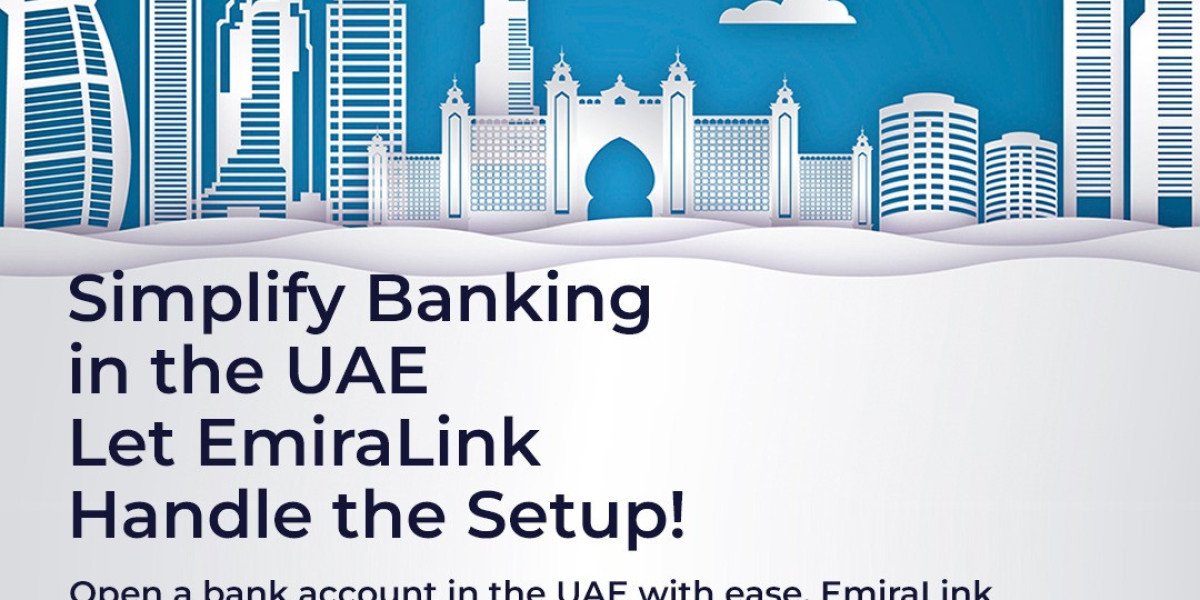Establishing a business in the United Arab Emirates (UAE) has become an increasingly attractive venture for entrepreneurs and investors across the globe. The country’s strategic location, world-class infrastructure, and business-friendly policies make it a prime hub for commercial activities in the Middle East and beyond. Whether you are a startup founder, a foreign investor, or a well-established corporation, the UAE offers a wide range of opportunities and benefits. Understanding the process of Company creation in UAE is crucial for anyone looking to enter this dynamic market.
Why Choose the UAE for Business
The UAE has steadily evolved into a global business center due to several factors. Firstly, its geographic location bridges the East and West, offering convenient access to markets in Asia, Africa, and Europe. Secondly, the country boasts a stable political and economic environment, which is key for long-term business sustainability. The UAE government has also implemented progressive reforms, such as 100% foreign ownership in most sectors and the introduction of long-term visas for investors and skilled professionals.
Moreover, the UAE’s infrastructure ranks among the best in the world, with state-of-the-art ports, airports, and telecommunications networks. The legal system supports commercial growth, and regulatory frameworks are designed to attract and protect foreign investment. Free zones, tax incentives, and reduced bureaucratic procedures further simplify the process of setting up a business.
Choosing the Right Jurisdiction
When creating a company in the UAE, selecting the appropriate jurisdiction is one of the most critical decisions. The UAE offers three main types of jurisdictions: Mainland, Free Zone, and Offshore.
Mainland companies allow businesses to operate anywhere within the UAE and internationally. These companies can trade directly with the local market and government entities. Previously, a local sponsor was required for foreign ownership, but recent reforms now permit 100% foreign ownership in many sectors.
Free Zone companies are limited to operating within specific zones or outside the UAE unless they appoint a local distributor. However, they offer full foreign ownership, tax exemptions, and simplified setup procedures. Each free zone caters to specific industries, such as technology, media, finance, or logistics, allowing for specialized infrastructure and services.
Offshore companies are mainly used for asset protection, holding shares in other companies, and international trade. These entities are not permitted to conduct business within the UAE but are ideal for global operations that benefit from the UAE’s favorable tax laws and banking system.
Legal Structures and Licensing
Another important aspect of company creation in the UAE or UAE company registration is selecting the appropriate legal structure. Common types include Limited Liability Companies (LLC), Sole Proprietorships, Civil Companies, and Branch Offices. LLCs are the most popular form of business structure in the mainland due to their flexibility and the ability to trade locally.
After choosing the structure, a business must apply for a license that aligns with its activities. The three primary types of licenses are commercial, professional, and industrial. Additional approvals from specific government departments may be required depending on the nature of the business.
The Registration Process
The process of registering a company in the UAE involves several steps. Initially, the business name must be reserved and approved by the Department of Economic Development (DED) or the relevant free zone authority. A Memorandum of Association (MOA) or Local Service Agent agreement must be prepared depending on the legal structure.
Next, the investor must secure office space, which is a mandatory requirement in most jurisdictions. Once the documentation is submitted and approved, the trade license is issued, and the company can open a corporate bank account. Depending on the nature of the business, visas for employees and partners can also be obtained under the company name.
Cost Considerations and Timelines
The cost of setting up a company in the UAE varies based on the chosen jurisdiction, license type, business activity, and office space requirements. Mainland companies may incur higher initial costs due to licensing and rental fees, while free zones often offer startup packages that include licenses, office space, and visas.
The registration process can take from a few days to several weeks. Free zone companies generally experience faster setup due to streamlined procedures. However, proper planning and consultation with local experts can significantly reduce delays and unexpected expenses.
Conclusion
Company creation in the UAE is a promising pathway to business growth and global expansion. With the right strategy, legal structure, and understanding of local regulations, entrepreneurs can harness the UAE’s vibrant economic landscape. The process, while detailed, is highly manageable and rewarding for those willing to take the leap into this dynamic market.









